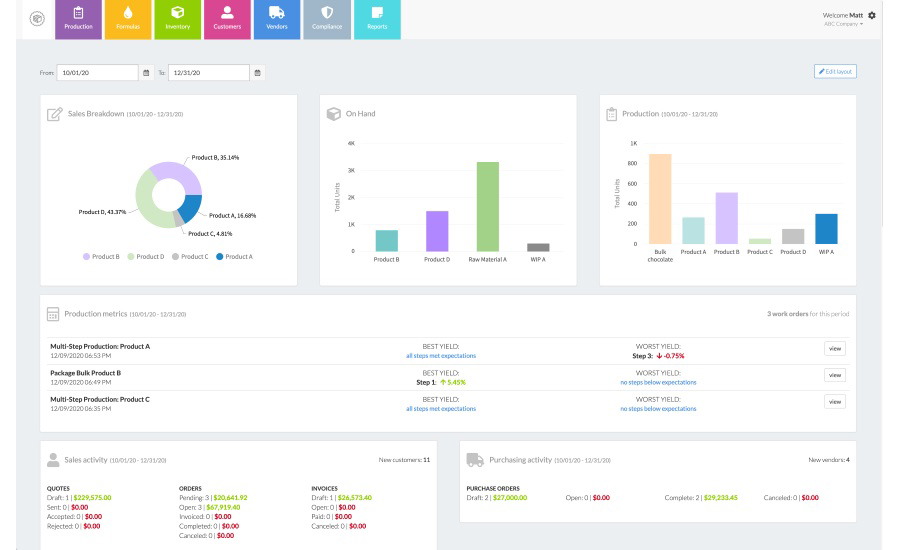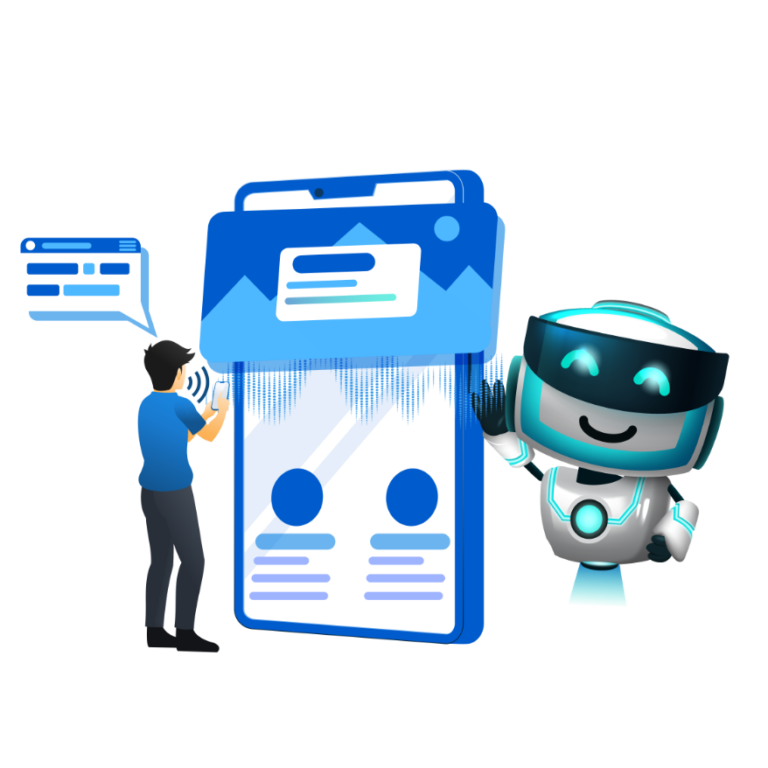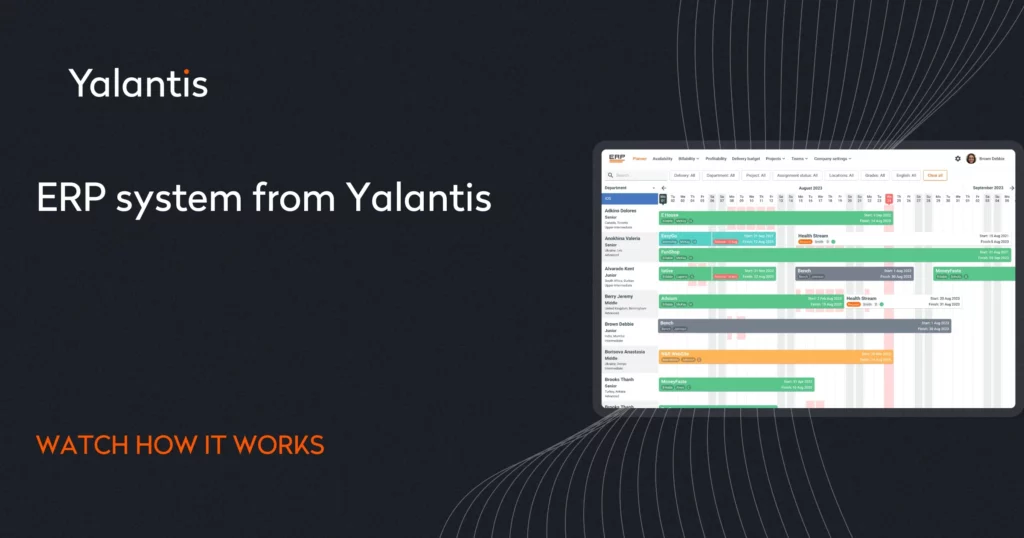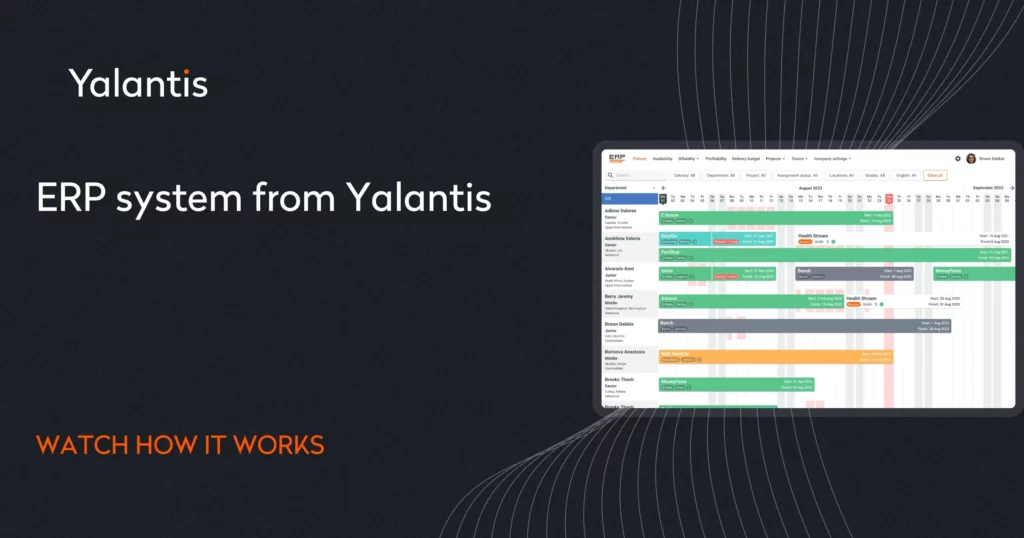How AI is Enhancing ERP Solutions with Advanced Capabilities

Enterprise Resource Planning (ERP) systems are the backbone of many organizations, streamlining processes across various departments like finance, human resources, supply chain, and manufacturing. With the advent of Artificial Intelligence (AI), ERP solutions are undergoing a transformative change, bringing unprecedented capabilities and efficiencies. This comprehensive guide explores how AI is enhancing ERP solutions, providing them with “superpowers” that revolutionize how businesses operate.
1. What Are ERP Solutions and Why Are They Important?
ERP solutions are integrated software platforms that manage a company’s core business processes in real-time. They provide a centralized database that ensures data consistency, improves visibility across departments, and helps in better decision-making.
Key Benefits of ERP Solutions:
- Data Integration: Consolidates data from various departments, providing a single source of truth.
- Process Automation: Automates routine tasks, reducing manual errors and increasing efficiency.
- Improved Reporting and Analytics: Offers advanced reporting tools that enhance data-driven decision-making.
- Enhanced Collaboration: Facilitates communication and collaboration across departments through a unified system.
Understanding these benefits helps in recognizing how AI can further amplify the value of ERP solutions.
2. How AI Enhances ERP Solutions: Key Superpowers
AI brings a new dimension to ERP solutions by integrating advanced capabilities that make them more intelligent, predictive, and responsive.
2.1 Predictive Analytics and Forecasting

AI enables ERP systems to use predictive analytics for more accurate forecasting and planning. By analyzing historical data and identifying patterns, AI can predict future trends, helping businesses make informed decisions.
Examples of Predictive Capabilities:
- Inventory Management: Predict future inventory needs based on past sales data and seasonal trends.
- Financial Forecasting: Forecast revenue, cash flow, and expenses with greater accuracy, aiding in financial planning.
2.2 Process Automation and Intelligent Workflows
AI enhances process automation by enabling intelligent workflows that can adapt to changing conditions. It automates repetitive tasks and can make decisions based on predefined rules and machine learning algorithms.
Applications of AI in Process Automation:
- Automated Order Processing: AI can automate the entire order-to-cash cycle, reducing the time from order placement to delivery.
- Smart Scheduling: Automatically schedule and optimize production tasks based on real-time data and forecasts.
2.3 Enhanced Decision Support
AI-powered ERP solutions provide enhanced decision support by offering real-time insights and recommendations. These systems analyze vast amounts of data to suggest the best course of action.
Examples of Enhanced Decision Support:
- Dynamic Pricing: Adjust prices dynamically based on market demand, competition, and other factors.
- Supplier Selection: Recommend the best suppliers based on performance history, pricing, and delivery reliability.
2.4 Natural Language Processing (NLP) and Voice Commands

Integrating NLP and voice recognition technologies into ERP systems allows users to interact with the system using natural language. This simplifies the user experience and makes the system more accessible.
Applications of NLP in ERP:
- Voice-Activated Data Entry: Users can enter data into the ERP system using voice commands, reducing manual entry errors.
- Conversational Queries: Users can ask questions and receive answers directly from the ERP system using natural language.
3. The Role of Machine Learning in ERP Solutions
Machine Learning (ML), a subset of AI, plays a crucial role in enhancing ERP capabilities. ML algorithms learn from historical data and improve over time, enabling ERP systems to become smarter and more adaptive.
Key Applications of Machine Learning in ERP:
- Anomaly Detection: Detect anomalies in financial transactions, helping prevent fraud and reduce errors.
- Customer Behavior Analysis: Analyze customer behavior patterns to improve customer service and personalize marketing efforts.
4. Benefits of AI-Enhanced ERP Solutions
Integrating AI into ERP systems provides numerous benefits that enhance business performance and competitiveness.
Major Benefits Include:
- Increased Efficiency: Automates routine tasks and reduces manual intervention, freeing up employees for more strategic work.
- Improved Accuracy: Reduces errors through automation and intelligent data validation.
- Enhanced Agility: Provides real-time insights that allow businesses to respond quickly to market changes.
- Cost Savings: Reduces operational costs by optimizing processes and improving resource management.
5. Challenges of Implementing AI in ERP Solutions
While AI offers significant advantages, implementing AI in ERP solutions comes with challenges:
- Data Quality and Integration: AI relies on high-quality, well-integrated data to function effectively.
- Change Management: Organizations need to manage the change that comes with new AI technologies, ensuring employees are trained and systems are adapted.
- Cost and Complexity: Implementing AI can be costly and complex, requiring a significant investment in technology and expertise.
Understanding these challenges helps businesses plan effectively for AI integration into their ERP systems.
6. Future of AI-Powered ERP Solutions
The future of AI in ERP looks promising, with advancements in AI technology continuing to expand the capabilities of ERP systems.
Trends to Watch:
- Hyper-Automation: Combining AI with other advanced technologies like robotic process automation (RPA) to fully automate business processes.
- Cognitive ERP Systems: ERP systems that can learn and adapt independently, providing even more sophisticated decision support.
- Integration with IoT: Leveraging IoT data for real-time insights and decision-making in ERP systems.
These trends indicate a future where AI-powered ERP systems will become even more integral to business success.
Conclusion
AI is set to revolutionize ERP solutions, providing them with new capabilities that significantly enhance their value to businesses. By integrating AI, ERP systems become more intelligent, predictive, and responsive, driving greater efficiency, accuracy, and agility.
As AI technology continues to evolve, its impact on ERP solutions will only grow, offering new opportunities for businesses to optimize their operations and gain a competitive edge. Organizations should start exploring AI-enhanced ERP solutions now to stay ahead of the curve and fully leverage the power of AI in their operations. For more insights on ERP and AI integration, consider consulting with ERP solution providers or exploring further educational resources on the topic.


